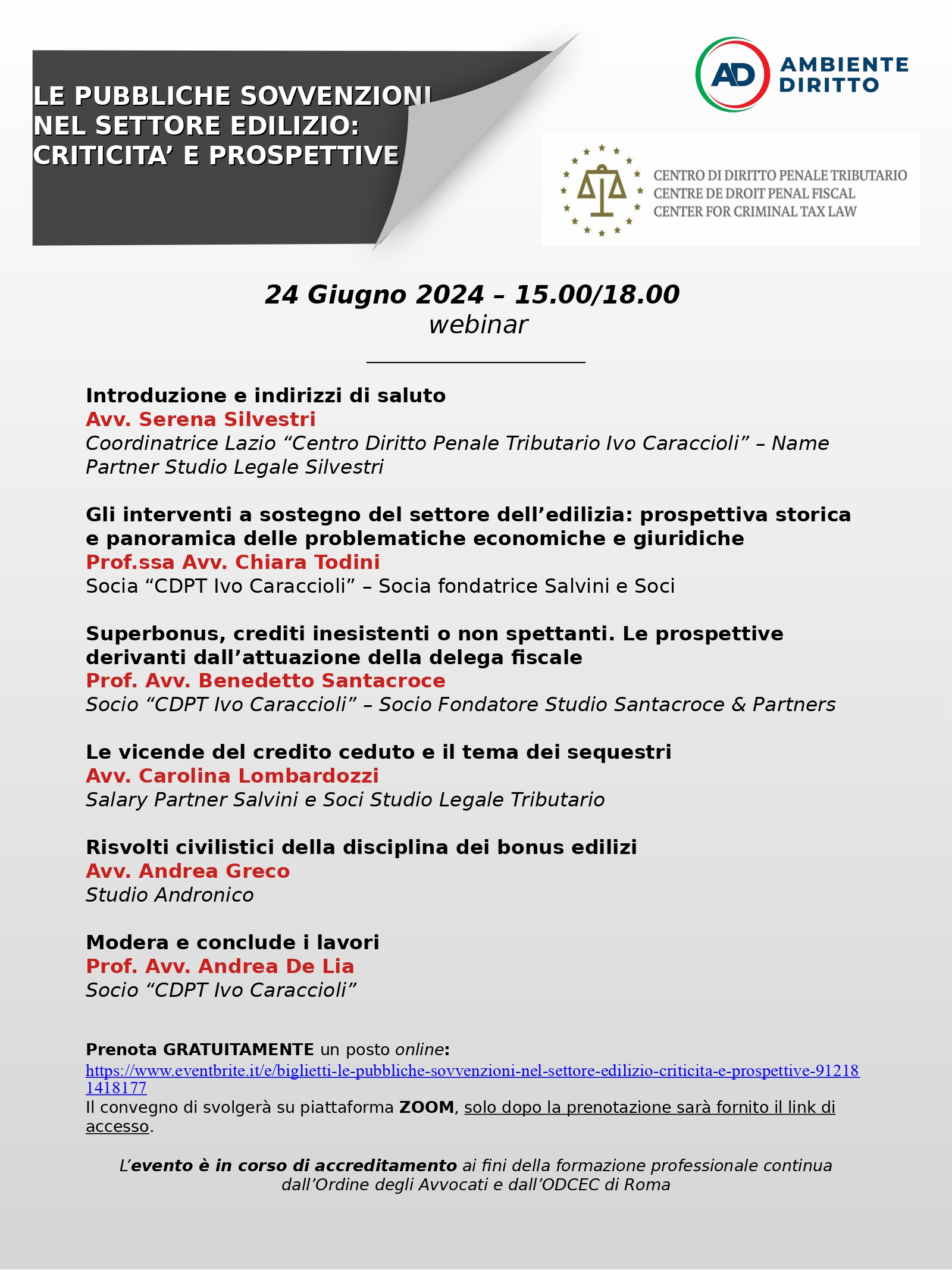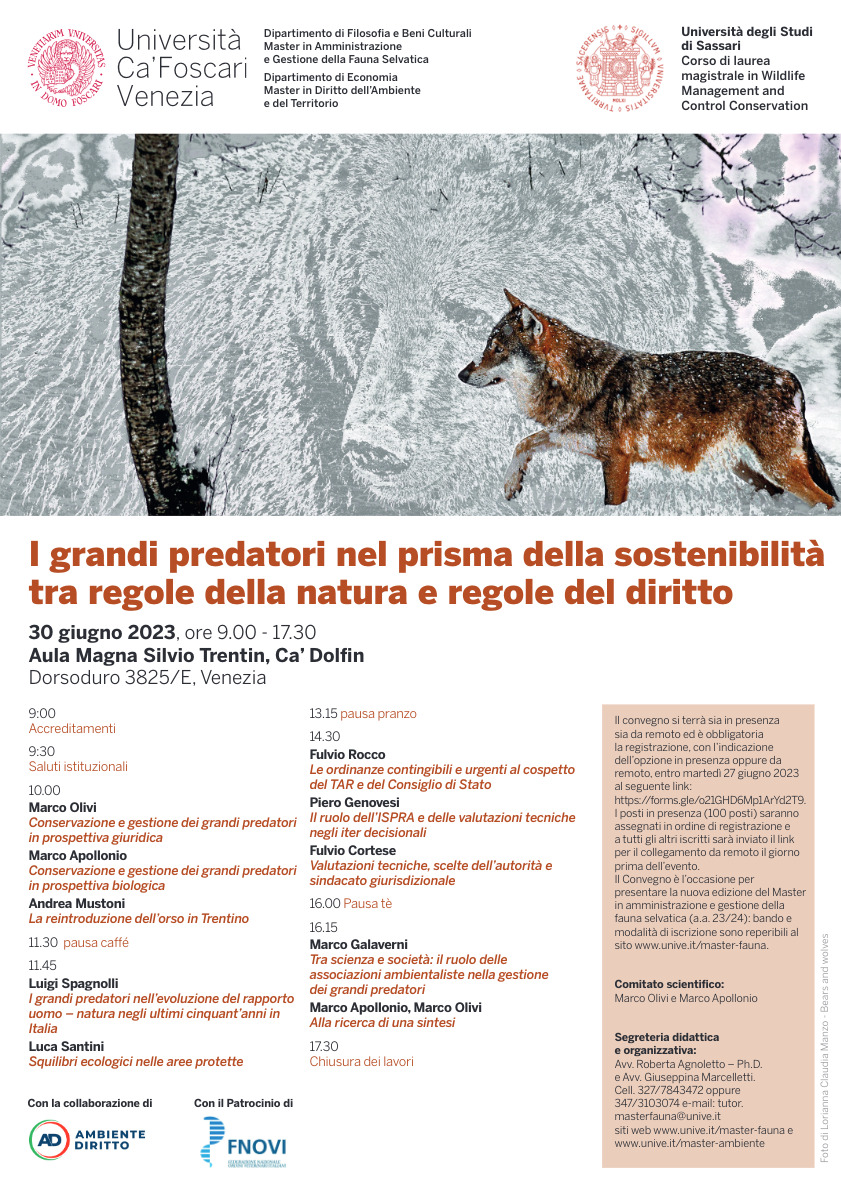Il diritto umano all’acqua nei trattati internazionali: esistenza, prevenzione e gestione.
______________ AMBIENTEDIRITTO ______________
THE HUMAN RIGHT TO WATER IN INTERNATIONAL TREATIES: EXISTENCE, PREVENTION AND MANAGEMENT
Il diritto umano all’acqua nei trattati internazionali: esistenza, prevenzione e gestione.
Francesco Anastasi – Alessandro Suppa
Abstract In the current era we are assisting to a human rights revolution. Such revolution pushes research to analyse and develop other human rights before existing and applied only in “media language”. The human right to water has been clearly established only recently and it had attracted the attention especially due to the scarcity of it the world will/is facing. Therefore, this paper will evaluate the entire development of the human right to water, from its origin to the latest establishment in treaties. Moreover, due to the importance Transnational Enterprises (TNEs) have in relation with water management, usage, pollution, their activities and due diligence will be analysed. What companies can do to reduce pollution of water as consequence of their activities? How to control the use of water and reduce to the minimum needed? In what way companies should manage water throughout their activities? These are the questions we will try to give an answer.
Nell’era attuale stiamo assistendo ad una rivoluzione dei diritti umani. Tale rivoluzione spinge la dottrina ad analizzare e sviluppare altri diritti umani, prima esistenti e applicati solo nel “linguaggio dei media”. Il diritto umano all’acqua è stato chiaramente stabilito solo di recente e ha attirato l’attenzione soprattutto a causa della scarsità di essa che il mondo dovrà/sta affrontando. Pertanto, il presente articolo valuterà l’intero sviluppo del diritto umano all’acqua, dalla sua origine all’ultima istituzione nei trattati. Inoltre, data l’importanza che le Imprese Transnazionali (TNI) hanno in relazione alla gestione dell’acqua, l’uso, l’inquinamento, la loro gestione e due diligence saranno analizzate. Cosa possono fare le aziende per ridurre l’inquinamento delle acque come conseguenza delle loro attività? Come controllare l’uso dell’acqua e ridurlo al minimo necessario? In che modo le aziende dovrebbero gestire l’acqua durante le loro attività? Queste sono le domande a cui si cercherà di dare una risposta.
SOMMARIO: 1. Introduction; – 2. The origins of modern international environmental law; – 3. International water law; – 4. A pace beyond: The human right to water in international treaties; – 5. Business activities and the use of water; – 6. Conclusion.
Scarica allegato





 AMBIENTEDIRITTO.IT EDITORE
AMBIENTEDIRITTO.IT EDITORE